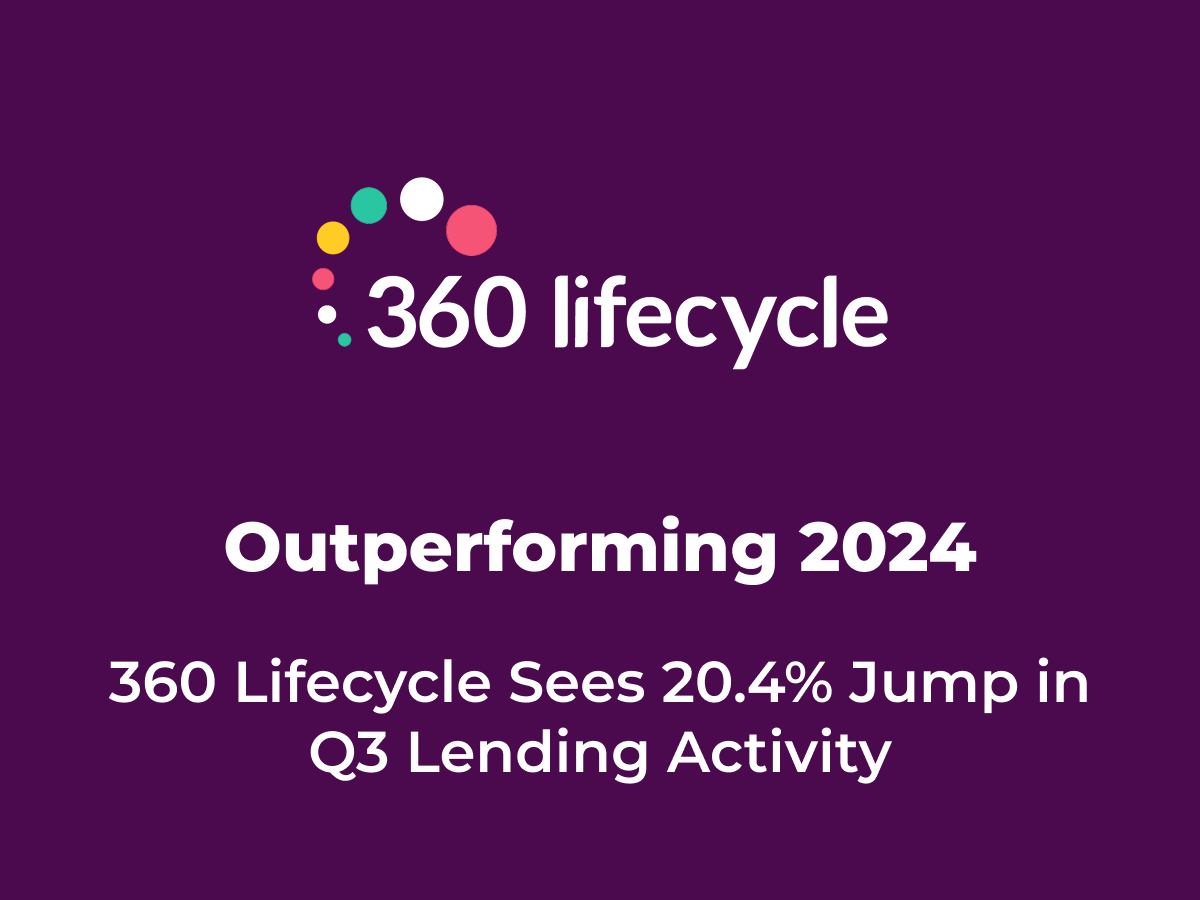
How Technology is Transforming Mortgage Advice
The financial services industry, especially the mortgage sector, has transformed. Particularly in AI, mortgage advisers are increasingly leaning on tech solutions to manage escalating workloads. However, this evolution is not without its challenges. Regulatory pressures, market uncertainties, rising interest rates, and the soaring cost of living have all impacted the mortgage market. How can technology help advisers tackle these challenges effectively?
Market Trends Shaping the Future of Mortgage Advice
One significant trend is the growing adoption of cloud-based solutions within the mortgage market. With an emphasis on fast, cloud-based platforms allowing firms to streamline workflows, enhance collaboration, and securely manage large volumes of client data. By moving away from outdated systems, advisers can keep pace with the fast-moving market.
Firms are seeing value in end-to-end practice management systems, as advisers take on multiple roles: from financial planners to client relationship managers, compliance overseers, and business developers. Comprehensive platforms that offer a single hub for managing client data, sourcing, and compliance can help firms increase productivity and reduce inefficiencies.
Digital engagement tools have emerged as essential for advisers. Clients expect real-time, convenient interactions, they want seamless access to their financial information through portals, whether that is updating mortgage applications or simply staying informed. Platforms need to integrate with client engagement tools, as they enhance service delivery and improve client experience.
At 360 Lifecycle, we’ve seen how cloud technology is empowering advisers. By Q3 2024, our platform reached over 208,000 Client Portal users, a 9% increase compared to Q3 2023.
Opportunities Created by Adopting Technology
With automation becoming more advanced, advisers can shift focus from administrative tasks to higher-value activities. This is where companies can provide real value to clients by offering tailored advice, moving beyond traditional manual operations.
There is a clear opportunity for firms to use data-driven insights to refine their offerings. By leveraging AI, platforms can predict client needs, identify trends, and recommend products tailored to individual circumstances. This can translate into increased client retention and trust.
With the increasing integration of APIs, firms can now sync data between multiple platforms and can facilitate communication among the various services in one space. By bringing together mortgage, protection and GI sourcing advisers have everything they need to service their clients. This streamlines the advice process, keeping advisers on track of their daily activities, saving time, costs, and increasing productivity.
“AI is certainly on everyone’s mind about how to utilise its efficiency in what remains a very manual and effort heavy process. The FinTech sector is at the beginning of a new era in technology and with more data flow available through partners open APIs, the opportunity to streamline and collaborate is bigger than ever. At 360 Lifecycle, we are focusing on what tomorrow’s advice process will look like, building with the future in mind.” – David Smith, Commercial Director at 360 Lifecycle
Challenges Facing the Industry
While these technological advancements present opportunities, they come with challenges. One issue is the increased regulations around data protection and compliance. With the GDPR and other frameworks in place, financial firms need to ensure they are correctly handling client data. The rise of cyber threats further highlights the importance of security.
As new tools continue to emerge, firms feel the pressure to stay updated, ensuring their software remains competitive within the industry.
Another challenge is the potential skills gap. As more firms adopt software solutions, there is a growing need for advisers and support staff. Without training and onboarding, firms risk underutilising their technology investments, which can undermine their overall effectiveness.
Embracing Technology to Stay Competitive
Despite these challenges, the benefits of adopting technology outweigh the risks. Mortgage advisers who fail to embrace technology may find themselves falling behind in the market. By investing in the right technology, firms can position themselves for long-term growth.
A key benefit of digital transformation is its scalability. As firms expand, they require a system capable of handling increasing client volumes without sacrificing service quality. Flexible solutions allow advisers to adapt their offerings along with business growth. At 360 Lifecycle, we have supported over £316 billion in mortgage lending since 2010, enabling advisers to manage rising client volumes while maintaining high service levels.
The Future of Mortgage Technology
The future of mortgage software is full of potential. The trends, opportunities, and challenges outlined indicate firms need to take proactive steps to adapt. Those that leverage technology effectively will not only improve their operational efficiency but also strengthen their client relationships. As the market continues to evolve, the ability to utilise the power of technology will be a defining factor in the success for firms.




